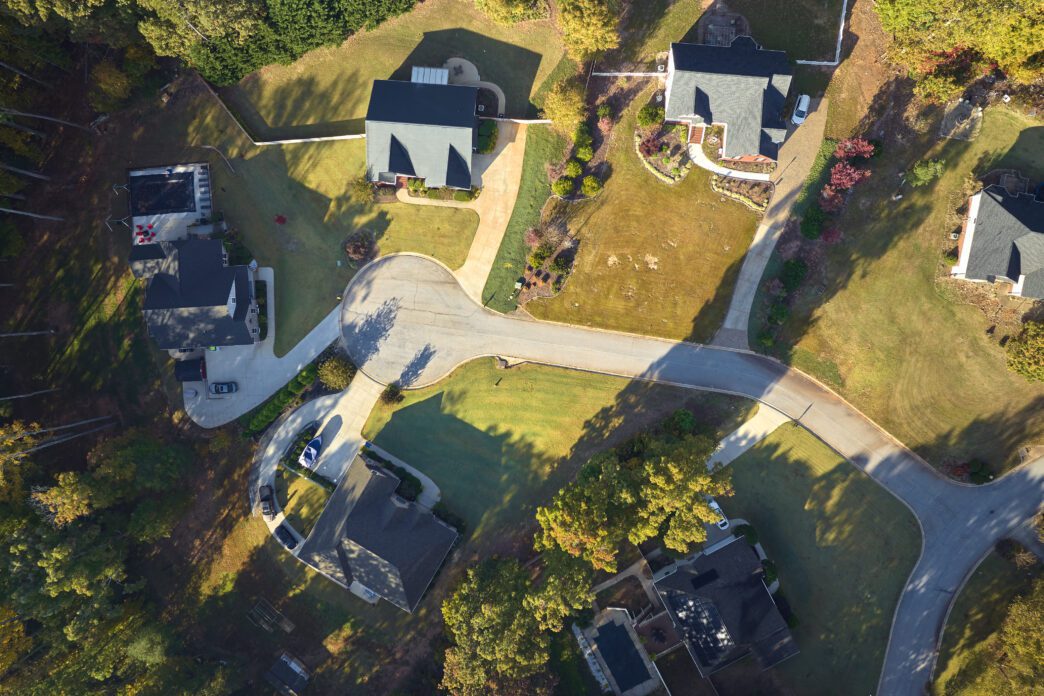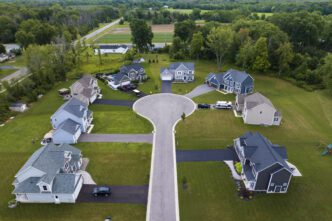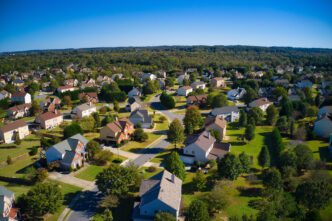Executive Summary
- The median age for a first-time homebuyer has reached an all-time high of 40, according to a new National Association of Realtors report.
- First-time buyers now represent a record-low 21% of the housing market, a share that has fallen by half since 2007.
- In Rhode Island, a median-income renter cannot afford an average two-bedroom apartment in any community across the state.
- Repeat buyers, with a median age of 62, are frequently making all-cash offers, further pricing out younger, mortgage-dependent buyers.
The typical age of a first-time homebuyer in the United States has climbed to a record high of 40, while their share of the market has fallen to an all-time low, according to a new report from the National Association of Realtors (NAR). The annual survey, covering home sales from July 2024 to June 2025, highlights a deepening affordability crisis that is particularly acute in states like Rhode Island, where housing costs have outpaced local incomes.
The NAR report found that first-time buyers now make up just 21% of the market, a share that has been halved since 2007. “The historically low share of first-time buyers underscores the real-world consequences of a housing market starved for affordable inventory,” said Jessica Lautz, NAR’s deputy chief economist. She described the market as a “tale of two cities,” where buyers with significant housing equity are making large down payments and all-cash offers, while newcomers struggle to compete.
Data from the report illustrates this gap. While first-time buyers managed a median down payment of 10%, often sourced from savings or 401(k) withdrawals, repeat buyers, with a median age of 62, put down a median of 23%. A significant 30% of these repeat buyers purchased their homes with all-cash offers, a strategy that often sidelines those who rely on traditional mortgage financing.
This national trend is reflected in local markets such as Rhode Island. A recent factbook from HousingWorks RI reported that 2025 is the first year the state’s median renter, with an income of $48,434, cannot afford an average two-bedroom apartment anywhere in the state. According to the report, an income of over $60,000 is now necessary. “Rhode Islanders continued to face a challenging housing market,” the factbook stated.
While state leaders in Rhode Island have emphasized increasing housing supply by easing zoning and permitting rules, some housing advocates argue that construction alone may not solve the problem. Brenda Clement, executive director for HousingWorks RI, noted that local municipalities often resist denser housing projects. Furthermore, there is concern that new inventory could be acquired by corporate investors rather than the families who need it, as investors nationally purchase a significant percentage of homes for sale.
Addressing the Market Imbalance
One proposed solution involves policies aimed at leveling the playing field between individual buyers and large-scale investors. A progressively structured tax on non-owner-occupied properties, for example, could disincentivize the large-scale acquisition of single-family homes for rentals. Such a measure would aim to cool investor demand and provide more opportunities for first-time buyers to enter the market.
Without systemic changes, the financial benefits of homeownership may move further out of reach for many. As NAR’s chief advocacy officer, Shannon McGahn, noted, the delay in homeownership has quantifiable financial consequences, potentially costing an individual roughly $150,000 in lost equity. Summing up the broader impact, Clement of HousingWorks RI emphasized the fundamental need for stable housing: “Nothing works right in your life if you don’t have a decent place to get up from every day and to go back to every night.”








